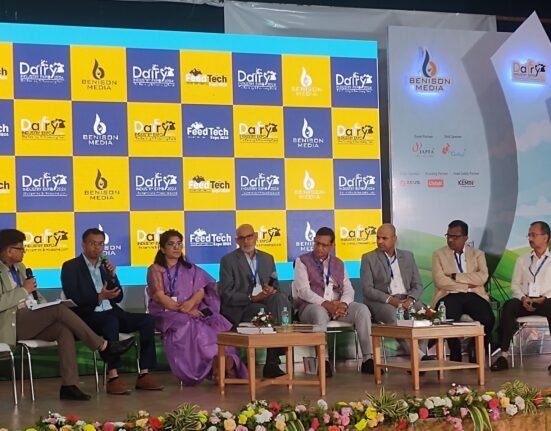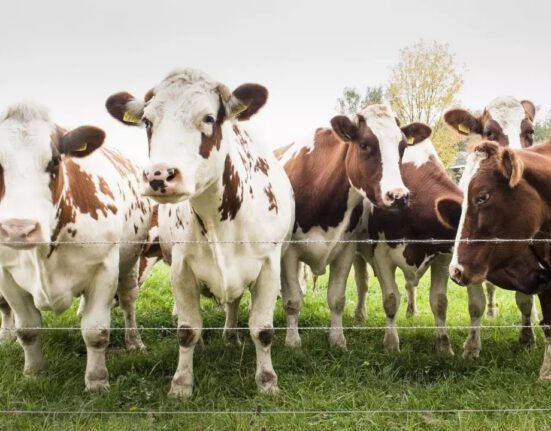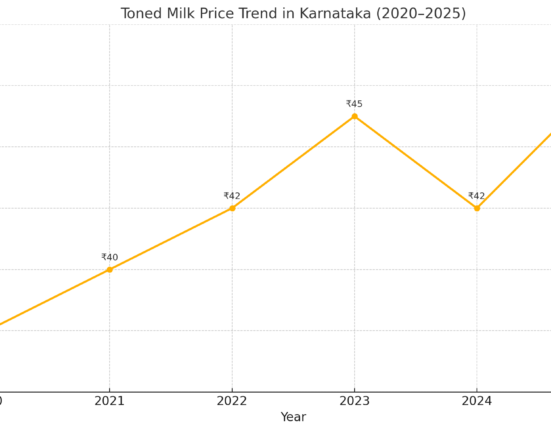Indian MPs Voice Alarm Over Duty-Free US Farm Imports, Warn of Devastating Impact on Local Farmers
On March 21, 2025, Indian Members of Parliament (MPs) from opposition parties raised urgent concerns in the Lok Sabha over reports of duty-free imports of US agricultural and dairy products. These lawmakers cautioned that such a policy shift could spell disaster for domestic farmers, threatening their livelihoods and undoing decades of agricultural progress. Despite the growing outcry, the central government has remained conspicuously silent, offering no official response to the escalating controversy.Opposition Demands Answers from Modi GovernmentDuring a heated discussion on the Demands for Grants of the Agriculture Ministry, MPs accused the Centre of reversing India’s historic self-reliance in food production. DMK MP TM Selvaganapathi from Salem took a sharp jab at the government, invoking the legacy of the Green Revolution spearheaded by pioneers like MS Swaminathan and Dr. C Subramaniam.”Thanks to our forefathers, India broke free from its dependence on PL-480 wheat imports from the US. But now, this government is quietly rolling back that hard-won independence,” Selvaganapathi asserted. He cited reports that India had caved to US pressure, allowing duty-free imports of agricultural goods—a move he labeled a “betrayal” of Indian farmers.Selvaganapathi didn’t mince words, warning that such a decision could be “a death knell” for the agricultural sector. He urged Prime Minister Narendra Modi to reconsider, pointing to remarks allegedly made by former US President Donald Trump, who claimed India had agreed to American trade conditions. “Even Mexico, China, and European nations are resisting US demands, but we seem to have lost our backbone,” he lamented.Congress and NCP Join the Chorus of ConcernCongress MP and former Punjab Chief Minister Charanjit Singh Channi echoed these fears, questioning the government’s stance on slashing import duties on grains. “The US president has openly said they’ll impose reciprocal taxes, and India has agreed to lower duties. If true, what happens to our farmers’ produce?” Channi asked, highlighting the potential flood of cheap American grains into Indian markets.Meanwhile, NCP (Sharadchandra Pawar) MP Amol Ramsing Kolhe drew attention to the stark disparities between US and Indian farmers, particularly in soybean production. “American farmers churn out 30 lakh quintals per hectare with genetically modified (GM) crops, while our farmers, restricted from using GM varieties, manage only 10 lakh quintals per hectare,” Kolhe explained. He criticized the government for importing edible oils derived from GM crops while leaving Indian farmers without adequate Minimum Support Prices (MSP).Kolhe underscored the looming crisis: “With the US pushing India to open its agriculture market, our farmers face an existential threat. Yet, the government offers no clarity—only silence.”Why This Matters: A Threat to India’s Agricultural BackboneThe concerns raised by MPs reflect deeper anxieties about India’s agricultural sovereignty. The Green Revolution of the 1960s and 70s transformed India from a food-deficient nation into a self-sufficient powerhouse. However, duty-free imports from the US—where farmers benefit from advanced technology, subsidies, and economies of scale—could undercut Indian producers, who are already grappling with rising costs, climate challenges, and stagnant incomes.The opposition’s warnings also spotlight a perceived lack of transparency. With no official statement from the Modi administration, speculation is rife about whether India has indeed bowed to US trade demands, potentially as part of broader diplomatic or economic negotiations.Key Questions Left UnansweredHas India formally agreed to duty-free imports of US farm products?What safeguards, if any, are in place to protect Indian farmers from cheaper foreign imports?Why has the government refrained from addressing these reports?As the debate intensifies, all eyes are on the Centre for a response that could determine the fate of millions of Indian farmers. For now, the silence from New Delhi speaks louder than words, leaving the agricultural community on edge.







